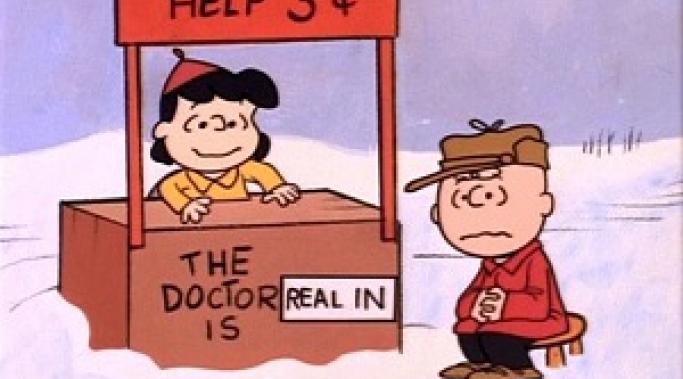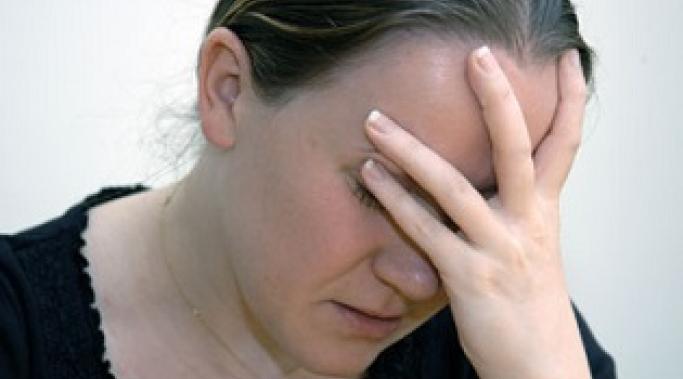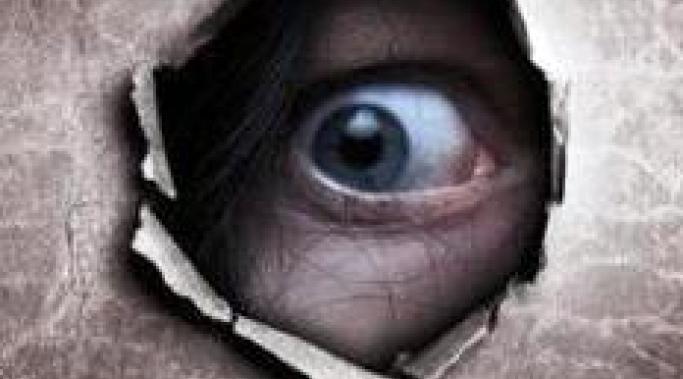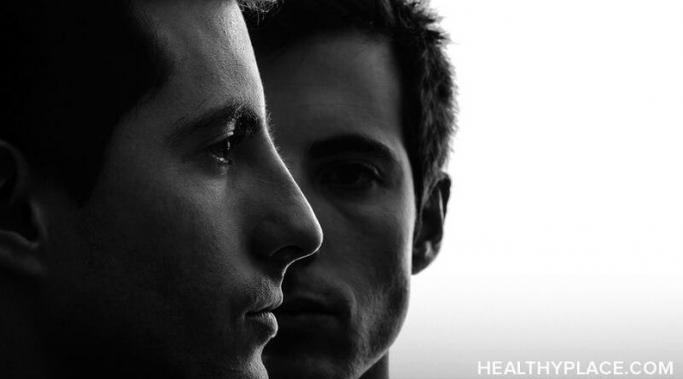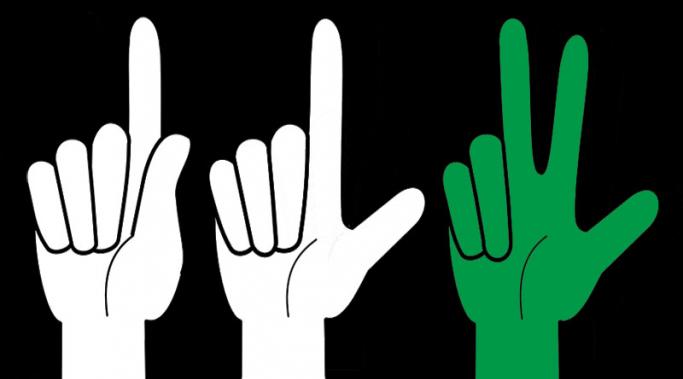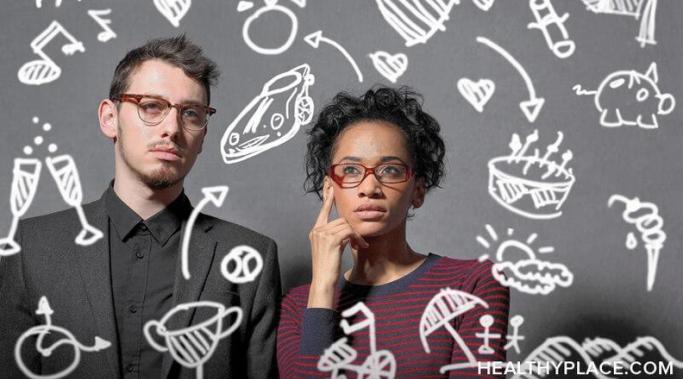It's not surprising that a great number of human beings fear change and experience significant anxiety when it comes to the unknown. It makes sense, actually. From infancy to old age, people need predictable routines in order to thrive. We strive to create routines so we feel safe and secure, organized, in control, and confident in who and what is in our lives. Isn't it annoying and anxiety-provoking when change comes along and messes with us? While we won't be able to stop change from happening throughout our lives, happily we can do something about how we handle it. There are surprising ways to decrease the fear of change and quiet anxiety of the unknown.
Anxiety-Schmanxiety
Existential anxiety is an all-encompassing form of anxiety and stress that is present in a nagging way when we try to make meaning in life simply because, as humans, we exist. That’s a fun concept, isn’t it? We experience anxiety, stress, strife, worry, and even panic simply because we are alive. Being alive is certainly a wonderful thing, but existential anxiety can put a damper on it (this might be an understatement). Why does mere existence cause us dissonance and different kinds of stress, and can it go away? Can we make meaning in our lives despite this existential anxiety and stress?
Anxiety can be overwhelming, and it can be hard to picture yourself free from anxiety. However, sometimes picturing ourselves free from anxiety is exactly what will help get rid of it.
It has been a year since I came on board as one of the anxiety bloggers for HealthyPlace. In that time, I have met many people and made online friends I will almost certainly like, tag, and comment on forever. I met Tanya Peterson, who has been an incredible blog partner. I worked with the incomparable Natasha Tracy and learned more about the inner workings of blogging than I ever thought possible. These reasons, and so many others, are why it is so difficult to say goodbye.
It’s quite common for those of us who live, or have lived with, anxiety to bemoan, “These awful effects of anxiety must stop!” I have a serious question for anyone who has ever uttered similar words: what, specifically, do you hate about anxiety? Chances are, it’s the effects of anxiety that are wreaking havoc on you and your life.
If you have an anxiety disorder and are paranoid, is your anxiety real? Most people with anxiety are intimately familiar with the statement, “Just because you’re paranoid doesn’t mean people aren’t out to get you.” It has been said to the people around us to explain that, while we fully acknowledge our anxiety issues, it doesn’t mean that what we are worried about isn’t worthy of anxiety. Anxiety isn’t just a disorder; after all, it serves a purpose. But when you do have an anxiety disorder and are paranoid, how do you decide if your anxiety is real?
You have anxiety. What does anxiety say about you? When we live with anxiety, we worry--often a lot. We can experience great fear, both rational and irrational. Do you ever worry that your anxiety is obvious to the entire world and that the entire world is pointing and judging? That's actually a fairly common concern among people who experience anxiety. Perhaps, though, the worry about what anxiety says about you is a worry you can put to rest.
Last week’s Anxiety-Schmanxiety blog post was titled, Five Ways to Relieve Anxiety You’ve Never Thought Of, and included unique suggestions like playing with Play-Doh and teaching yourself to juggle. When I originally made the list of unusual ways to relieve anxiety, the list included eight suggestions, not the five that made it to print. Leaving those three suggestions off just didn’t feel right to me, so here are three additional ways to relieve anxiety.
If anxiety were a person, it would likely have narcissistic personality disorder. Anxiety shares many traits with narcissism, making it a card-carrying narcissist. To be sure, both anxiety and a narcissist are difficult to deal with, but they have other characteristics in common as well. Knowing what they are and how to deal with them can help tame narcissistic anxiety.
It seems like every time anxiety strikes in the presence of others, helpful folks offer the same advice. Take a walk, get some fresh air, or count to 10 are quickly raised as solutions, with the person offering the advice thinking this is the first time we've ever heard that suggestion. Speaking from my own experience, I do the same things over and over. If your methods to relieve anxiety aren't boring you and are working, then there is no need to switch it up. But if you are looking for other ways to relieve anxiety, I offer five ways to relieve anxiety you've (probably) never thought of.

